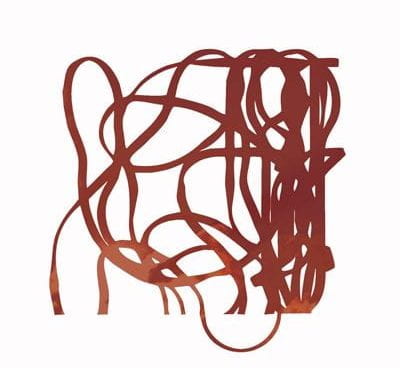Clear and Bright (Qingming) is one of the 24 solar terms in China. Since the 24 solar terms objectively reflected various aspects of temperature, rainfall and phenology changes in the four seasons throughout the whole year. The laboring people in ancient times used them to guide the arrangement of farming activities. The solar term is closely related to farming activities. Qingming Festival, also known as Spring-outing Festival, March Festival, Ancestor Worship Festival, Tomb-sweeping Festival, Grave Sweeping Festival, Ghost festival, etc., together with the Zhongyuan Festival on the 15th of the seventh lunar month, and the Hanyi Festival on the 1st of October, are called three famous Ghost Festivals in China. Qingming Festival was listed in the first batch of national intangible cultural heritage items in 2006.
The origin of Qingming Festival
Qingming Festival originated from the rites for ancestor-worshipping in spring in ancient times, beginning in Zhou Dynasty with a history of more than 2000 years. At first, Clear and Bright (Qingming) was a very important solar term, later, as the time of Qingming Festival closing to Hanshi Festival, both gradually became one. The customs of Qingming Festival include tomb sweeping and offering sacrifices to ancestors, fire prohibition, eating cold food, spring-outing, tree-planting, kite-flying, willow-planting, chicken-fighting, willow-shooting, playing Cuju (a game of kicking a ball in ancient times), Silkworm Temple Fair, etc. Among them, tomb sweeping, fire prohibition and eating cold food were originally the customs of Hanshi Festival. Hanshi Festival originated mainly as a way to commemorate Jie Zitui, a Han aristocrat who served the Jin prince Chong’er during the Spring and Autumn Period in Chinese history. Because Hanshi Festival and Qingming Festival are integrated into one, so are the customs of the two festivals.
The period of Qingming Festival
Among the 24 solar terms, Clear and Bright (Qingming) is the only one that is a solar term and a festival at the same time. Qingming Festival falls around April 5 of the Gregorian calendar, which is also a good time for people to have a spring outing in bright spring days with green trees.
Qingming Festival Custom: Sweep the tombs
The customs in Qingming Festival refer to the custom of worshiping ancestors around that day. The custom of worshiping ancestors and mourning dead relatives continues to be prevalent in Chinese culture. Tomb sweeping, commonly known as going to the grave, is an activity of offering sacrifices to the dead. Most of the Han people and some ethnic minorities sweep tombs on Tomb Sweeping Day. According to the old customs, when sweeping tombs, people should bring wine, fruits, paper money and other items to the cemetery, offering food to their relatives’ graves, burning paper money, cultivating new soil for the graves, folding a few green branches to insert them on the graves, and then kowtowing to worship. These customs are still popular today as a way to commemorate our ancestors, carefully attend to the funeral rites of parents and follow them when gone with due sacrifices; to cherish our martyrs, look forward to the days to come, and create a happy future together.
Qingming Festival Custom: Spring-outing
Spring-outing is also called touring in spring, also called exploring spring, looking for spring in ancient times. According to the solar calendar, Qingming Festival comes between April 4 and 6 every year. It’s a festival with beautiful flowers and green trees, full of lively energy and vitality. After a dull winter, people are in urgent need of mental adjustment. It is the best time for people to wander in a clear, bright, sunny day with gentle breeze. The habit of spring-outing on Qingming Festival has kept for a long time in our country.
Qingming Festival Customs: Making Sachets
At the time of the Qingming Festival, spring will have returned in most parts of China. The sky is clear and bright with everything reviving, temperature rising slowly, which is likely to make people restless. The ancients used to pack aromatic herbs and spices in delicate sachets during the Qingming Festival. The elegant and mild fragrance with cool feeling can calm people down, relieve and soothe the fidgetiness at the end of spring.
Mengjuan Wang graduated from Beijing Dance Academy with a Master’s degree specializing in the basic theory of dance. Her research focused on the Long Sleeve Dance of the Han Dynasty depictions. She previously volunteered as a teacher in Xinjiang Province, China, and she is now one of the dance and performance artistic Teaching Assistants at Goldsmiths Confucius Institute. She hopes more and more people can understand and appreciate China’s cultural and artistic heritage.




